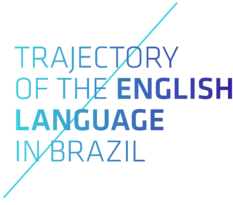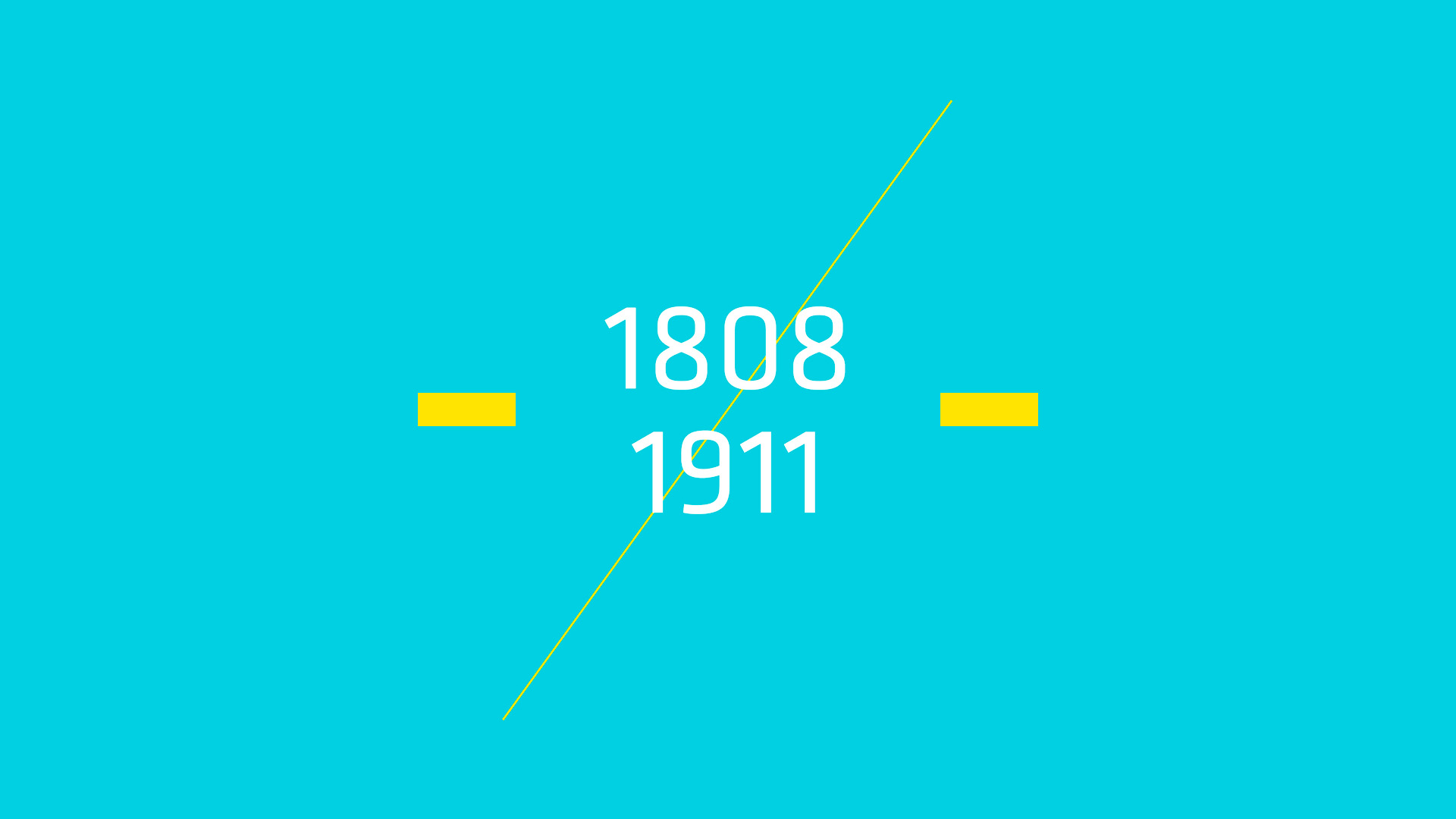1809
The Portuguese court arrives in Brazil and the teaching of the English language is made official
In 1808, the Portuguese Royal Family arrived in Brazil, escorted by English ships and fleeing from Napoleonic troops. They docked in Rio de Janeiro, seat of the imperial government, and initiated a series of reforms in all areas of the country, including culture. Due to military and economic support and the relationship between the British Empire and the Royal Family, Dom John VI signed a decree on 22 June 1809, making the teaching of English official at the court of Brazil. And so began the official trajectory of the English language in our country.
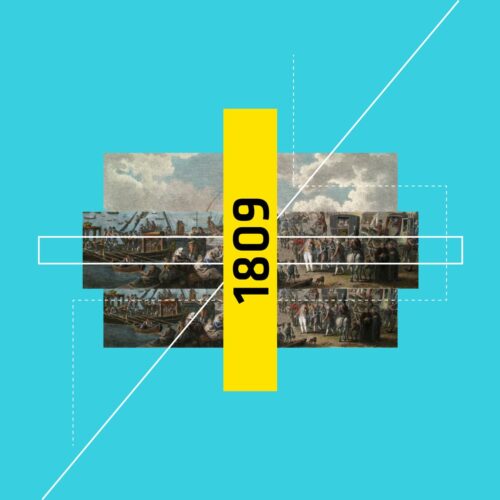
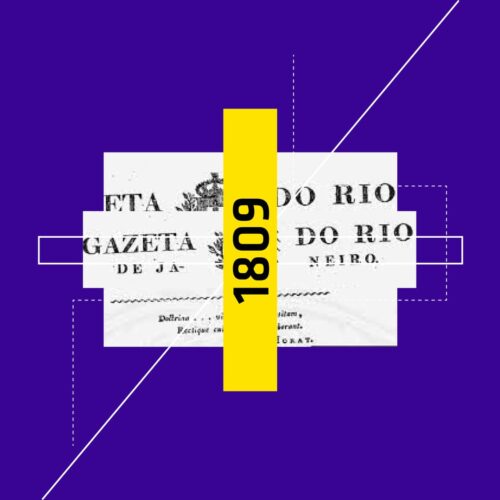
1809
A woman teaches the first English language classes
The first English classes in Brazil were taught by a woman. Before the decree of Dom John VI, a British emigrant in Brazil placed an advertisement in the Gazette newspaper in Rio de Janeiro for English classes for girls, reproduced below. The spelling and wording at the time have been maintained as per the original historical document: “At Rua do Ourives #27 lives an English woman with an education centre for girls who want to learn to read, write, count, and speak English and Portuguese, sew and embroider, etc.”.
1813
The first English-speaking school opens
It was also a woman who ran the first English school in Brazil. The school for girls, taught by teacher Catharina Jacob, included the language in a set of lessons seen, at the time, as necessary for a woman. It is clear that English in Brazil has always been a prestigious language, reason being that ties with the United Kingdom made the language a useful learning tool for those who wanted to move up socially in professions related to trade and international relations.
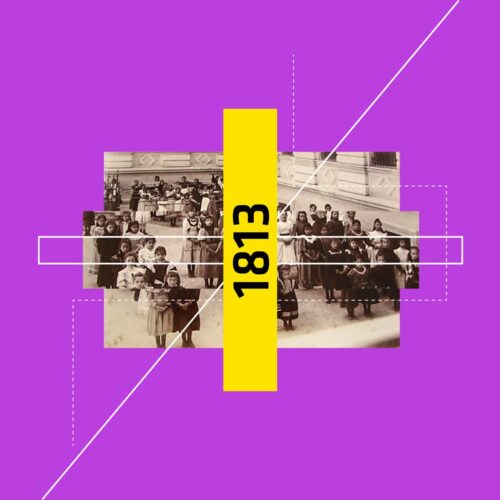
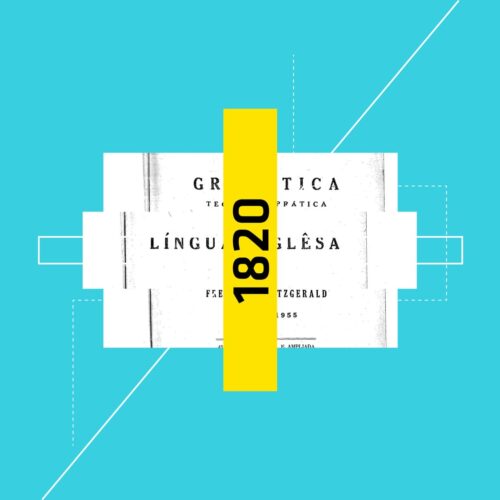
1820
Bahian writes English grammar textbooks
“Initiate and facilitate the youth to use their languages with clarity, accuracy and simplicity.” This is how the Bahian author, Manuel José de Freitas, an important professor and politician from Piauí, described his work published by Impressão Régia, the official publisher of the Portuguese Empire in the country. It was the first didactic publication for teaching English in Brazil.
1831
Law courses now require English
In 1831, the Brazilian administration signed a decree that included English as a requirement to attend law school. The measure was actually a regulation of the law of 11 August 1827, the legal instrument that created the first two law courses in Brazil. With this regulation, in addition to English, it also became mandatory to learn French, Latin, rational and moral philosophy, ethics, metaphysics, arithmetic, history and geography.
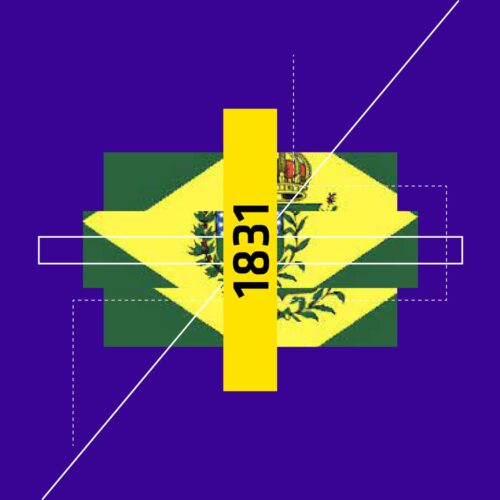

1837
English language comes into the school curriculum
In addition to being taught in private courses and with varied purposes and objectives, in 1837, the English language also started being offered in Brazilian public schools as part of an education with a more humanistic approach. Colégio Pedro II in Rio de Janeiro was the first of these institutions. Here, boys – girls were not allowed at the time – from the national elite could study and learn the English language. At the school, classic languages such as Greek and Latin, and modern languages such as French, English and German were studied one after the other, in a curriculum of between six and eight years.
Between 1837 and 1930
Grammar and Translation is the current method
In basic education classes, English was treated as a dead language, meaning that it was taught in the same way as Latin: the focus was only on grammar and the translation of written texts – hence the name of the approach used until then: grammar and translation. Little attention was paid to speaking and listening to the language. Teachers did not speak English in the classroom and the focus was only on learning and memorising grammar and vocabulary rules.


Between 1837 and 1930
The English language becomes part of humanist study
At the time, there were two ways of learning English: private English schools attended by people looking for jobs linked to trade with the United Kingdom, and public schools (equivalent to today’s Primary and Secondary Education schools). These were almost always attended by the elite. At these institutions, English was part of a “humanist education” and was much more theoretical than practical, meaning that the objective was to contribute to the intellectual and spiritual education of students.
1889
Is English language learning official, optional or mandatory?
As soon as Brazil became a Republic, Marshal Deodoro da Fonseca created the Ministry of Instruction, Posts and Telegraphs. The first civil servant to take charge of the institution was engineer and professor, Benjamin Constant. In his teaching reform, the choice between learning English or German was established for those who studied. During the administrations of Fernando Lobo (1892) and Epitácio Pessoa (1900), learning these two languages was once again mandatory.

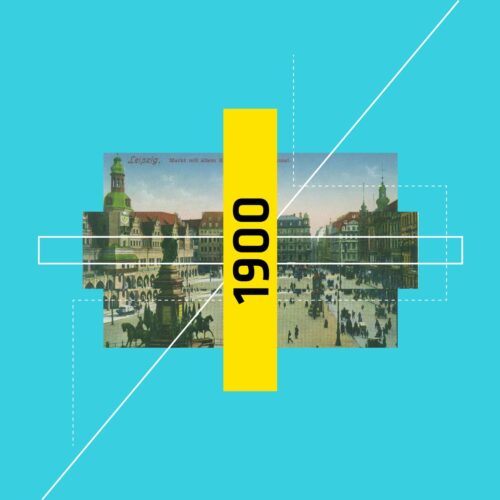
1900
Scholars hold conference on living languages
Due to an increase in interest in methodological reforms, the Living Languages International conference was held in Leipzig, Germany. The occasion fostered the discussions that were developing and resulted in a new way of teaching foreign languages, the direct method. This innovative idea was to learn by communicating in the new language, through conversation, reading and writing exercises, and the methodologies of the congress contributed to the context of English language teaching in Brazil.
1911
Rivadavia Corrêa Reform reduces the time to learn the English language
Decree no. 8.659 of 1911 implemented the Rivadávia Corrêa Law, or Rivadávia Corrêa Reform. The change adopted the deofficialisation of education in the country, which allowed the private sector to establish colleges. Until then, every higher education institution had to be linked to the government. The law also ended the minimum time needed to learn new languages, including English, which had its learning period reduced by a third.

